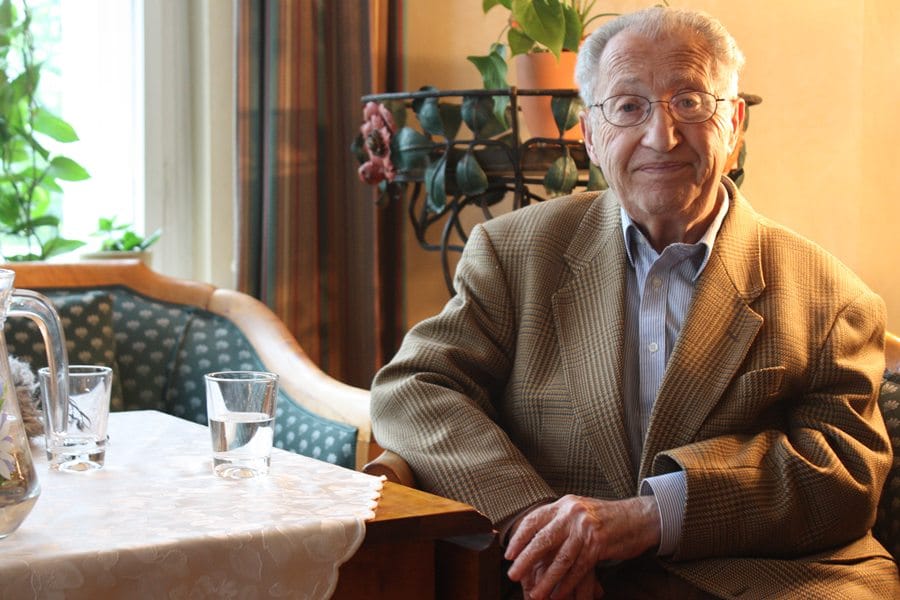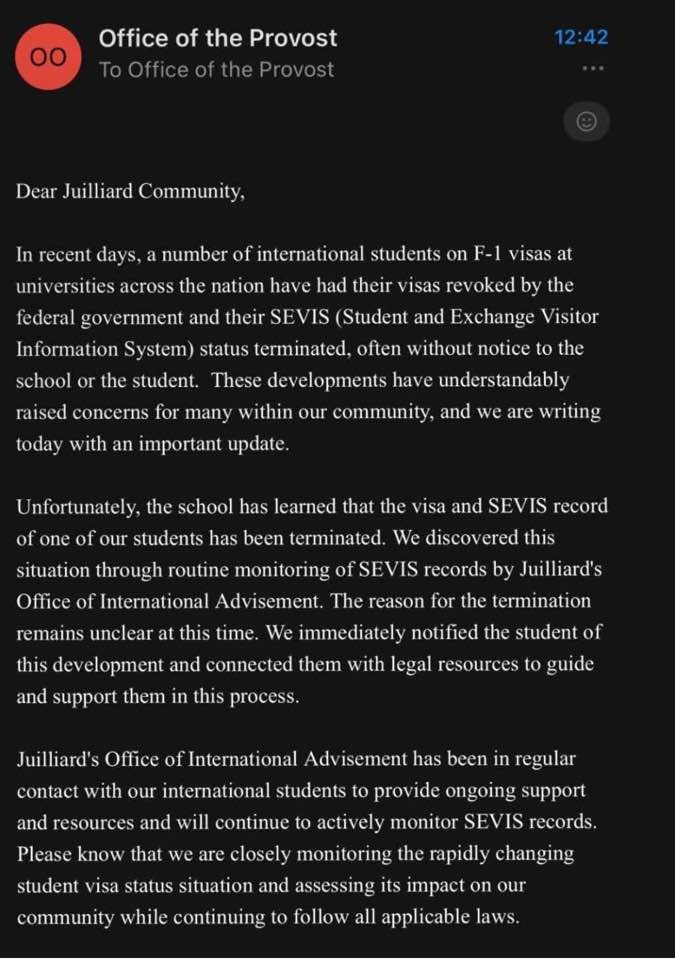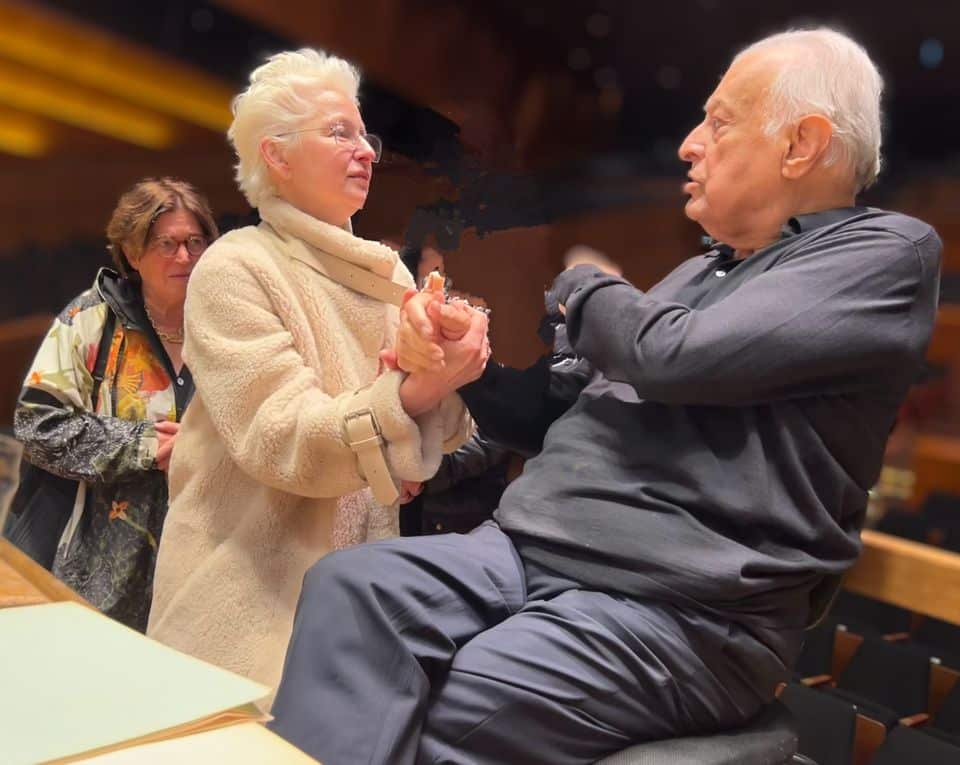Death of a Berlin Phil concertmaster
mainWe are saddended by the death of Hellmut Stern, a concertmaster of the Berlin Philharmonic Orchestra for 34 years and leader of the final rebellion against Herbert von Karajan.
Hellmut, who was a dear friend, was 91.
Born in Berlin in 1928, he fled at the age of ten with his parents to Manchuria, where he kept the family alive by playing violin in bars and selling trinkets in street markets. In 1949 he moved to Jerusalem, working as a bar pianist in the King David Hotel, where he was discovered by Isaac Stern (no relation), who introduced him to the Israel Philharmonic as a violinist. After a spell in the US, he returned to Berlin in 1961 and was admitted by Karajan to the front row of the Berlin Phil.
The pair stayed friendly until Stern accused Karajan’s people of taking kickbacks on an Asia tour and led a successful uprising against the conductor. At the height of the insurrection, he asked me to fly over from London to share some inside information that had come my way with a secret meeting of rebels. Such fun. Afterwards, Hellmut and I went to dinner at his favourite Italian with Zubin Mehta.
Hellmut wrote a memoir, Saitensprünge, and lectured extensively on his life’s experiences.







Comments